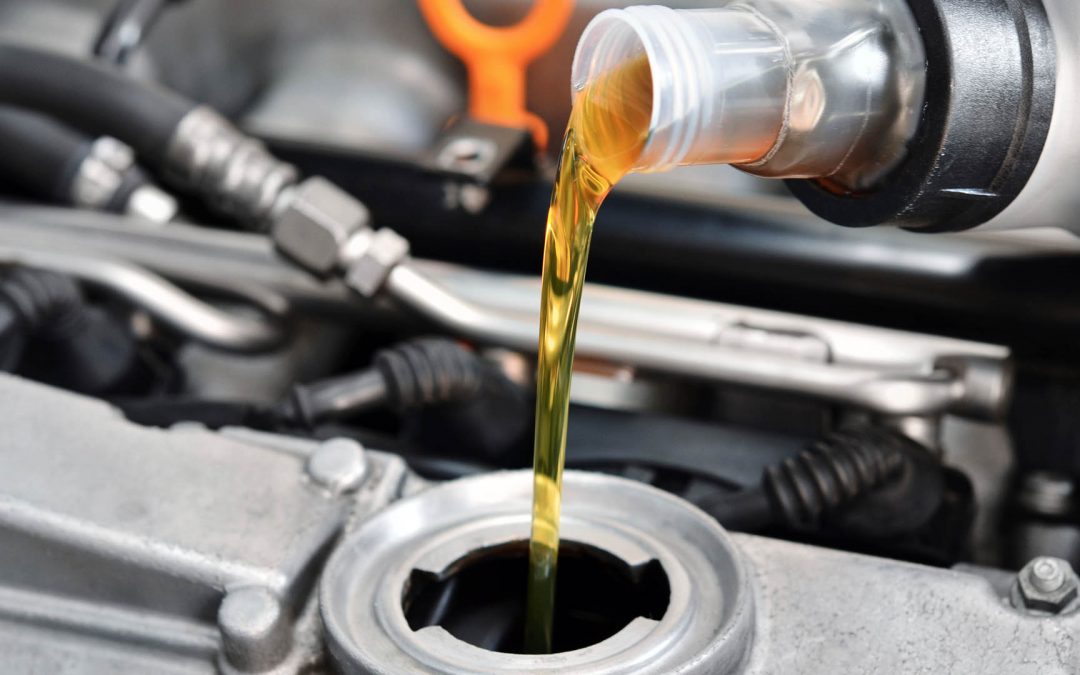
For any business that relies on transport, a commercial vehicle is more than just a way to get from A to B. It is a vital asset that generates income and keeps operations moving. When a van or truck is off the road for unexpected repairs, it can lead to delayed jobs, unhappy customers, and lost revenue. A proactive approach to maintenance helps you avoid these disruptions.
Following a consistent servicing schedule is one of the most effective ways to keep your commercial vehicle in reliable working order. It is an investment in the longevity and performance of your asset, helping to protect your business from unnecessary costs and downtime.
Catching minor issues before they become major problems
One of the greatest advantages of regular servicing is the ability to spot and fix small faults before they escalate. During a service, a mechanic inspects many parts of the vehicle, from the engine and brakes to the electrical systems and tyres. This routine check can uncover issues like minor fluid leaks, worn belts, or slight brake pad wear.
Addressing these small items promptly is almost always simpler and less expensive than dealing with a major failure. For example, replacing a worn fan belt costs very little, but if it snaps while driving, it can lead to engine overheating and significant damage. Similarly, a small oil leak is a straightforward fix, but if left unattended, it could drain the engine of oil and cause it to seize, resulting in a bill for thousands of euros.
Improved performance and fuel efficiency
A well-maintained vehicle runs more efficiently. Regular servicing ensures that the engine is in optimal condition, which has a direct impact on fuel consumption. Simple maintenance tasks performed during a service can make a noticeable difference.
- Clean Filters: Replacing clogged air and fuel filters allows the engine to breathe more easily and burn fuel more effectively, improving performance.
- Fresh Oil: Clean engine oil provides better lubrication, reducing friction between moving parts. This helps the engine run cooler and more efficiently.
- Correct Tyre Pressure: Technicians will check and adjust tyre pressures. Underinflated tyres create more rolling resistance, forcing the engine to work harder and use more fuel.
These small adjustments add up over time, leading to considerable savings on fuel costs and reducing your vehicle’s environmental impact.
Enhanced safety and compliance
The safety of your driver, your cargo, and other road users is a top priority. Regular servicing is fundamental to keeping your commercial vehicle safe and roadworthy. RSA 2025 road safety update supports this. Key safety-critical components are inspected and maintained, including brakes, steering, suspension, and lights. This reduces the risk of mechanical failures that could lead to accidents.
A vehicle with a known safety defect should never be used until it is repaired. Imagine a scenario where a van is involved in a collision, and a subsequent investigation reveals the accident was caused by faulty brakes. If the service history shows the brakes have not been inspected for years, it could complicate an insurance claim, as policies require the owner to keep the vehicle in a roadworthy condition. Adhering to a maintenance schedule helps you meet your responsibilities and provides peace of mind.
Protecting your investment and resale value
A commercial vehicle is a significant financial investment, and regular maintenance helps protect its value. When the time comes to sell or upgrade, a vehicle with a full and documented service history is far more attractive to potential buyers. It provides confidence that the vehicle has been well cared for, suggesting it is less likely to have hidden problems.
A complete service record can justify a higher asking price and help you sell the vehicle more quickly. Buyers are often willing to pay more for a well-maintained van or truck because it represents a lower risk and a better long-term investment for them. Neglecting maintenance can lead to a lower resale value, costing you money in the long run.
Ultimately, thinking of servicing as a running cost is only part of the story. It is a proactive measure that delivers returns through improved reliability, better fuel economy, and a higher resale value. A consistent approach to maintenance helps ensure your vehicle remains a productive and valuable asset for your business for as long as possible. Understanding all the vehicle servicing benefits helps you make better decisions for your business.
